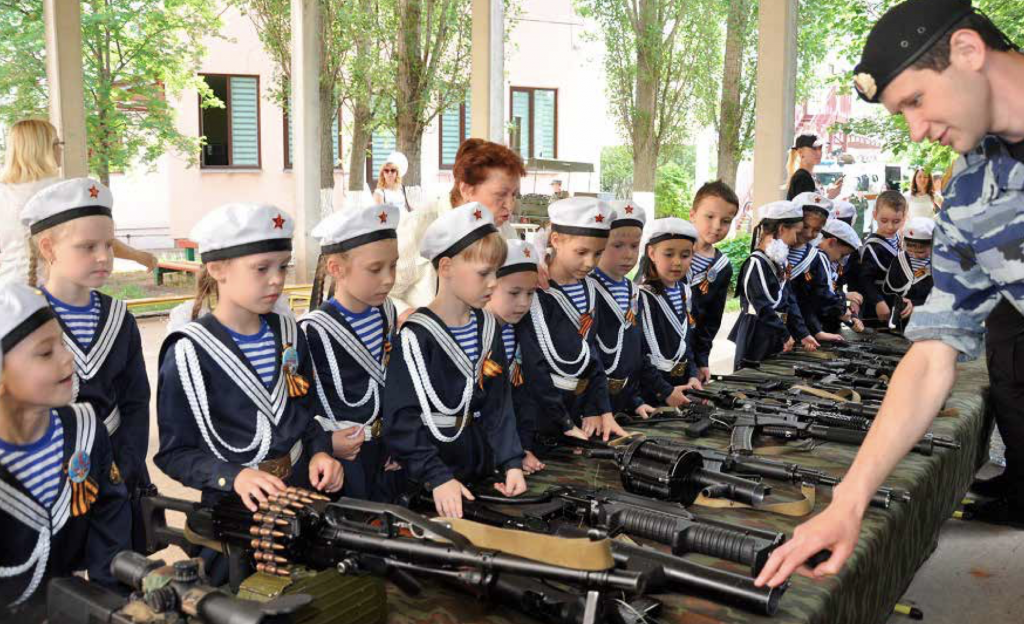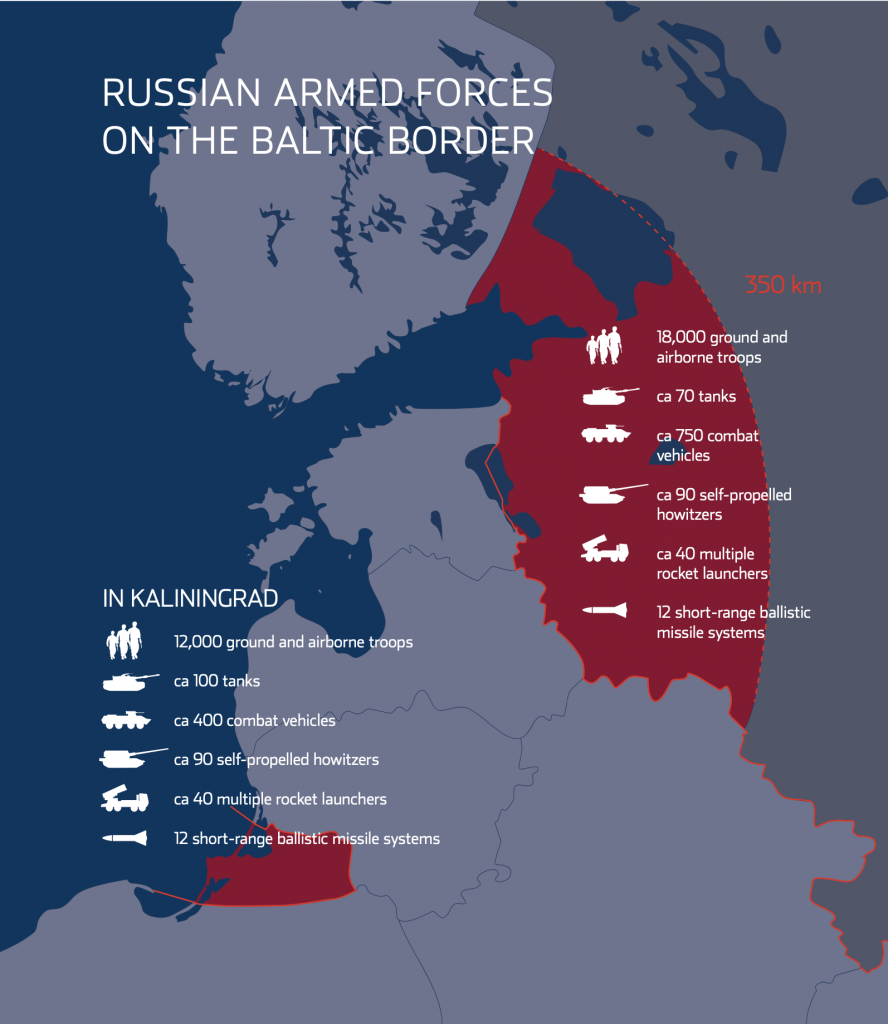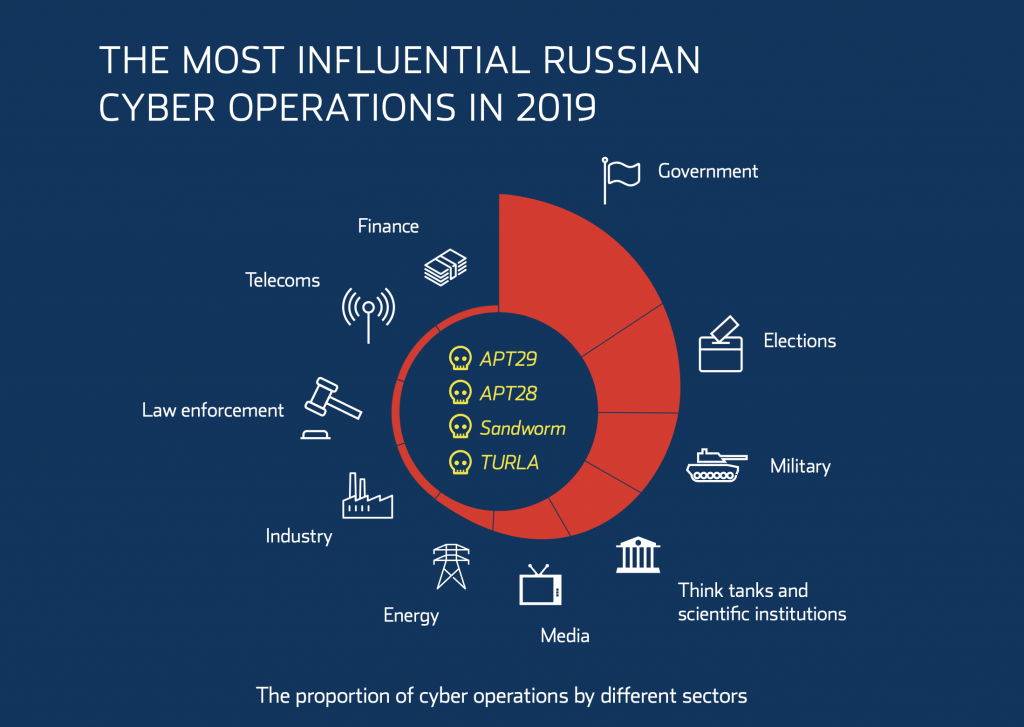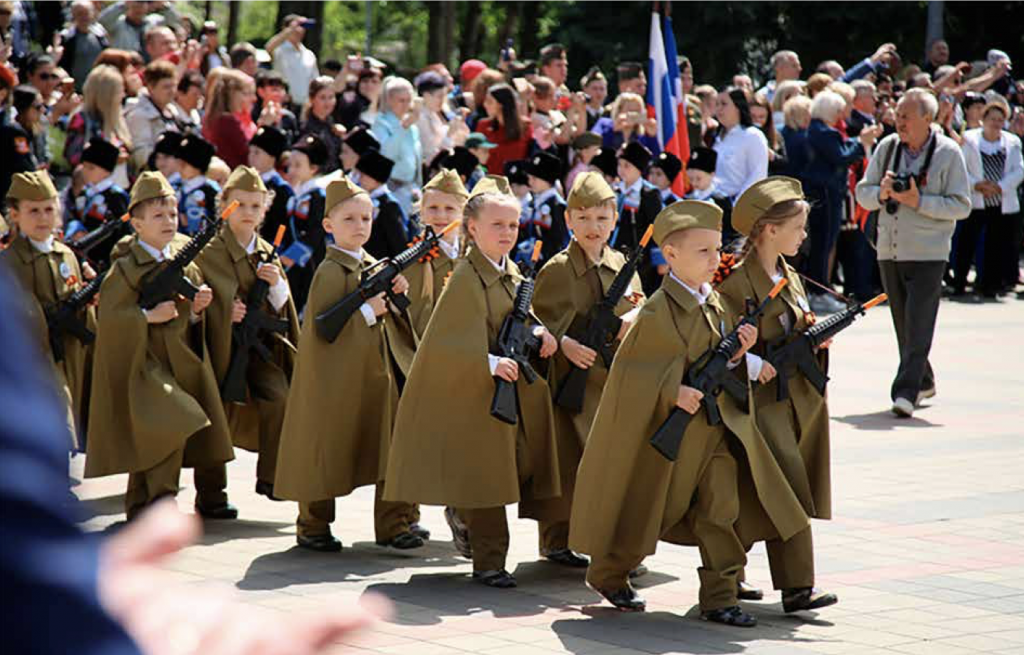The Estonian Foreign Intelligence Service says in its 2020 annual report that the country is particularly threatened by Russia whose leadership is aggressively and actively opposed to the democratic world order.
The foreign intelligence says in its report, “International Security and Estonia”, that the world has not become a more secure place in the last five years – in fact, “if anything, the opposite is true”.
“The main external threats to Estonia’s security remain the same. We are particularly threatened by neighbouring Russia, whose leadership is aggressively and actively opposed to the democratic world order. Russia will continue to strengthen its military power in the European direction,” the intelligence service says.
“In the immediate region of Estonia, Latvia and Lithuania, the balance of military power is tilted in favour of Russia. For example, not a single NATO member anywhere in Europe has missile systems comparable to the Iskander short range ballistic missiles, which Russia has placed close to the Estonian and Lithuanian borders.”
Russia may opt for a preventive military offensive
The report admits that the likelihood of a Russian military attack on Estonia is low, as Russia does not want a military conflict with NATO. However, it adds that the “escalation of Russia’s confrontation with the West anywhere in the world could trigger a rapid change in Estonia’s threat situation. Russia may opt for a preventive military offensive in the Baltic region if it anticipates the escalation of a conflict, even if this occurs in another region.”
Globally, there are many regions where Russia is seeking to establish its interests. “In the Middle East, the Russian leadership’s willingness to take risks has met with success, and Russia wants to consolidate its position as a major power in the region. In Africa, Russia is making efforts to increase its influence through diplomatic relations, military cooperation and influence operations coordinated by oligarchs; we are witnessing more and more ventures by private military contractors.”
“In the Arctic, Russia is fighting for control of mineral resources and shipping routes. These military and influence operations in remote regions are seen by the Russian leadership as part of a major confrontation with the West, especially the United States.”
According to the report, to some extent, Russia’s actions are restrained by international sanctions, which limit the aggression in Ukraine and prevent Russia from developing its military capabilities at the desired pace.
Cyber operations to steal sensitive information
“However, Russian cyber operations are yet to meet with equally effective sanctions, which is why Russian cyber attackers continue to look for new security vulnerabilities to exploit.”
“In 2019, Russian cyber operations were revealed that have been going on undiscovered for years, and there are likely to be more. In addition to their continuity, Russia’s cyber operations are characterised by the tendency to exploit situations as they arise – as security vulnerabilities become public, the Russians are eager to exploit these immediately against their existing targets. For example, only a month after a security vulnerability was announced in February 2019, Russian cyber actors attempted to exploit it in an operation against an international organisation. This case demonstrates again how important it is to constantly update the software of your IT systems.”
“Russia conducts cyber operations against international institutions mainly to steal sensitive information on what political positions countries hold, which countries can be influenced in directions suitable for Russia, as well as how and whom to target with their narratives in information operations,” the foreign intelligence service says.
“International institutions are more vulnerable to information leakage, as they use shared systems for the exchange of information between member states with different levels of cyber security. Russia prefers to target states and institutions that have a low level of cyber security and possess sensitive information of another country due to membership in an international organisation.”
Mobilising the entire society
The report also points out that Russia is militarising its society to support the country’s military ambitions. That “stems from the Kremlin’s belief that a military conflict with the Westis inevitable and its outbreak a matter of time. In fact, the Russian leadership believes that the war with the West has already begun – initially fought in the world of information and also on the ground in third countries.”
“The Russian leadership believes that this situation of quasi-war requires the mobilisation of the entire society and all the country’s resources. Preparing the population for war and concentrating resources is manifestly happening in many areas, from the strengtheningof mobilisation reserves, formation of territorial defence units and patriotic education, to massive propaganda and intelligence efforts.”
“While some of these initiatives – such as the Yunarmiya, or Youth Army, and the ‘kindergarten troops’ – may seem grotesque, we must remember that the broader purpose of all this is to increase military capability. The Russian leadership hopes that by militarising society they will be better prepared for a dreaded coup d’état or revolution. The constant reminders of the threat of war will also help mobilise society against a foreign enemy and thus distract from domestic political, rule of law, economic and social problems.”
The Estonian Foreign Intelligence Service is the country’s foreign intelligence agecy that coordinates with all Estonian intelligence functions, collects intelligence concerning foreign interests and activities, and transmits information to the president, the prime minister, the general staff of the Estonian Defence Forces, the interior minister, the foreign minister and the minister of defence.
Cover: Exhibition of weapons after a children’s parade in Rostov-on-Don. Photo: screenshot from the report.




